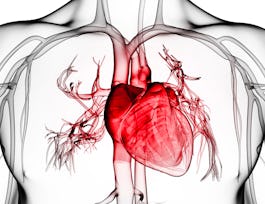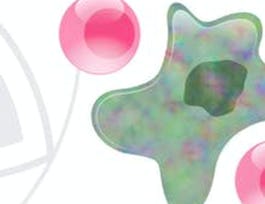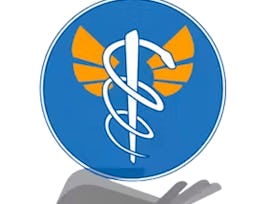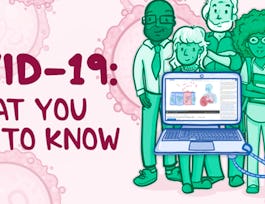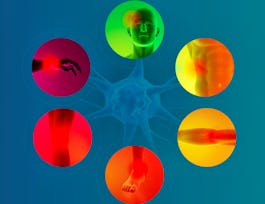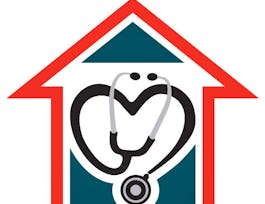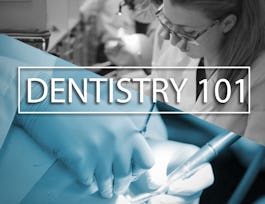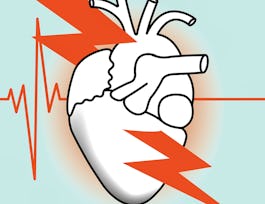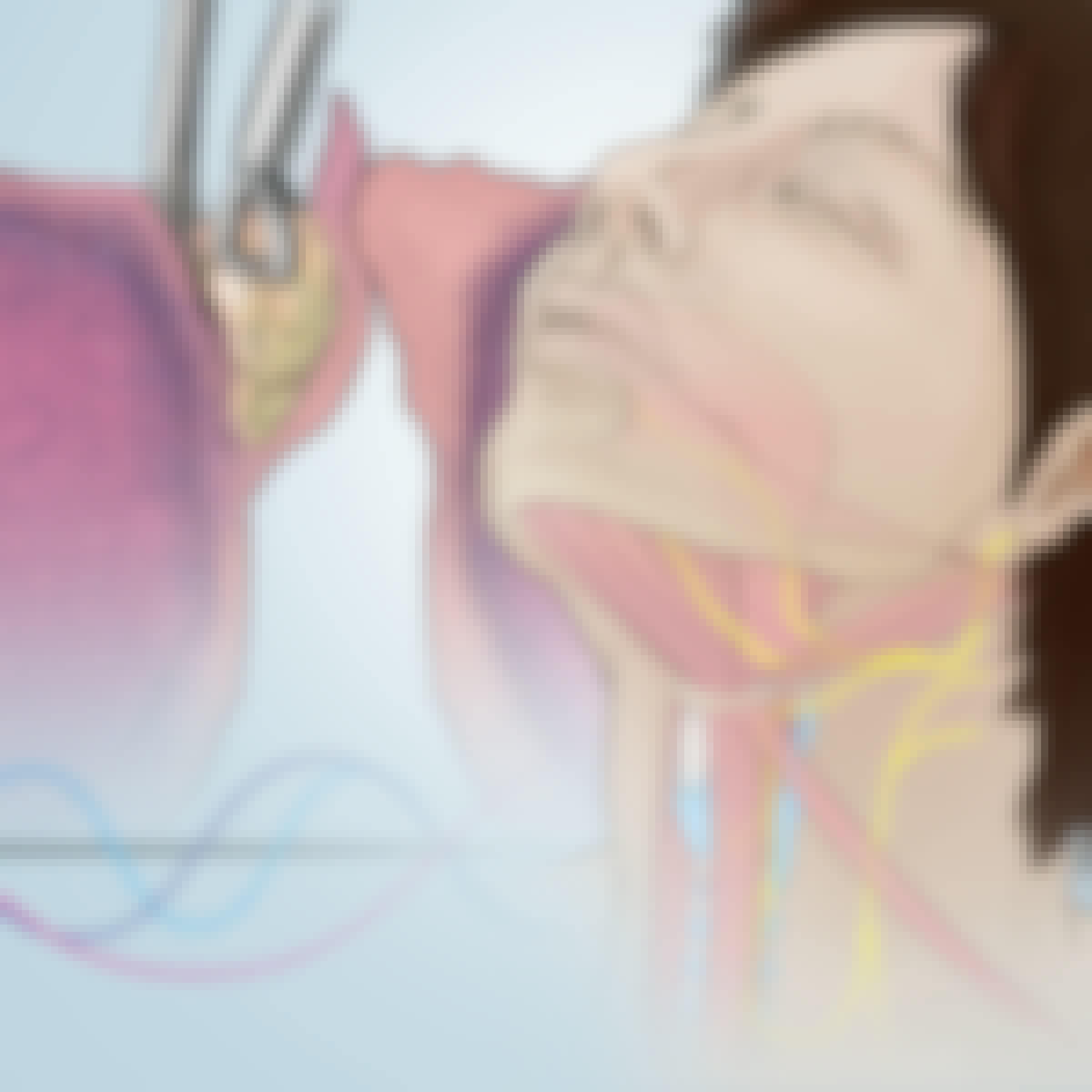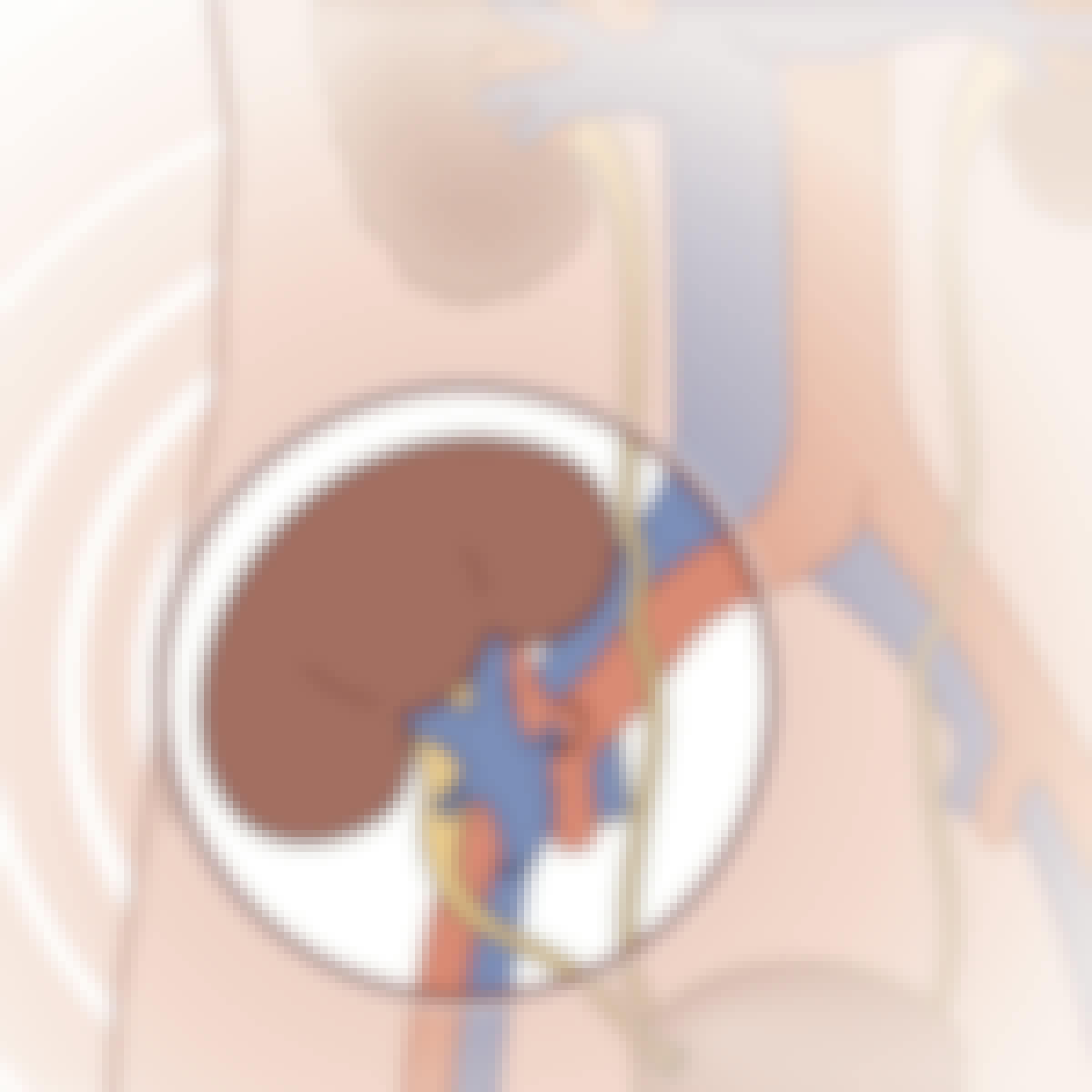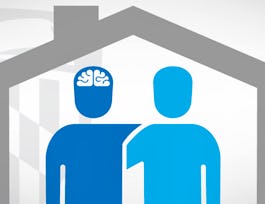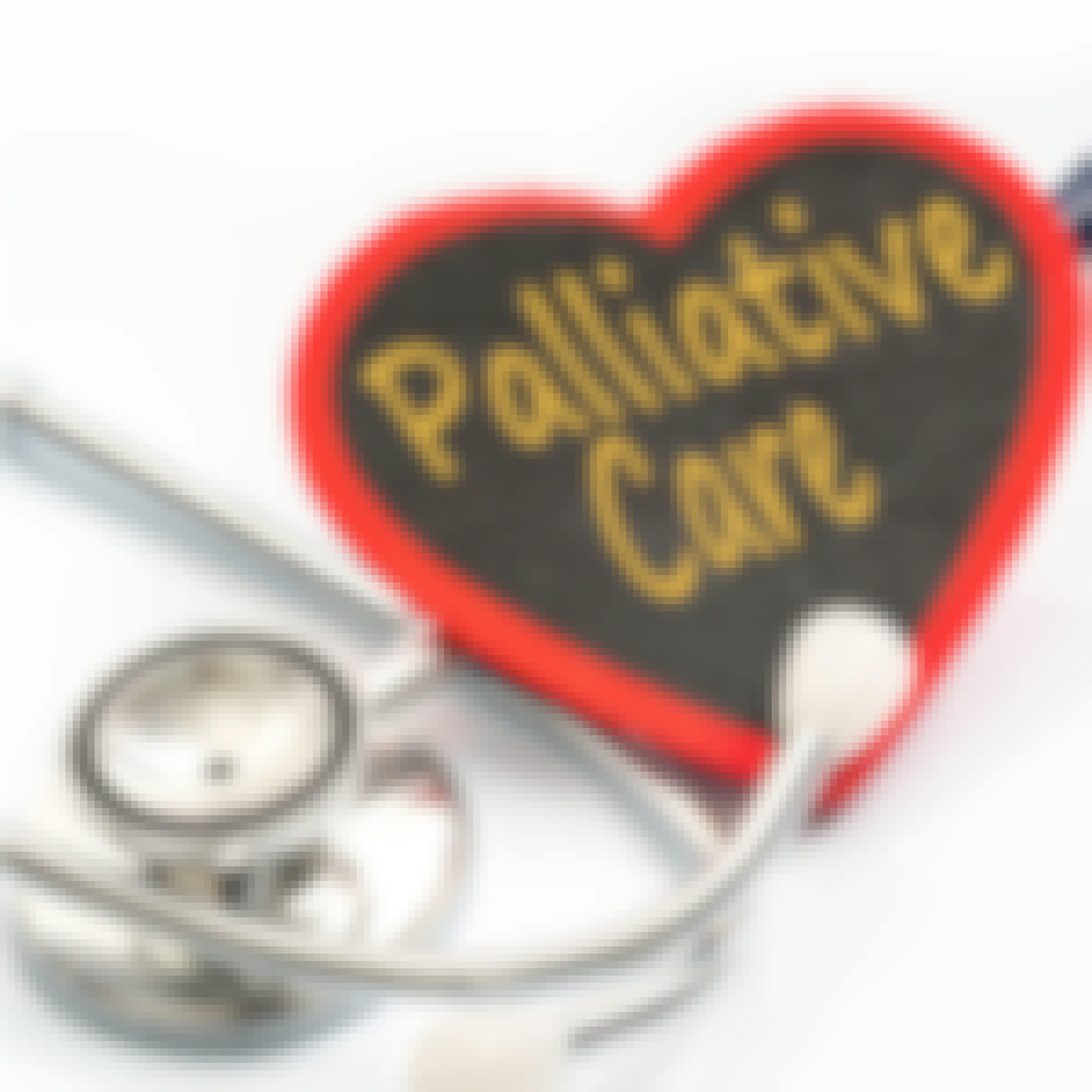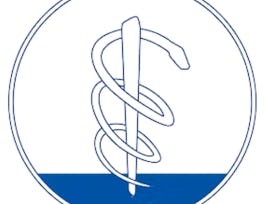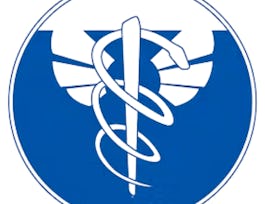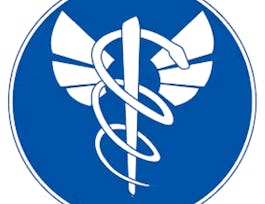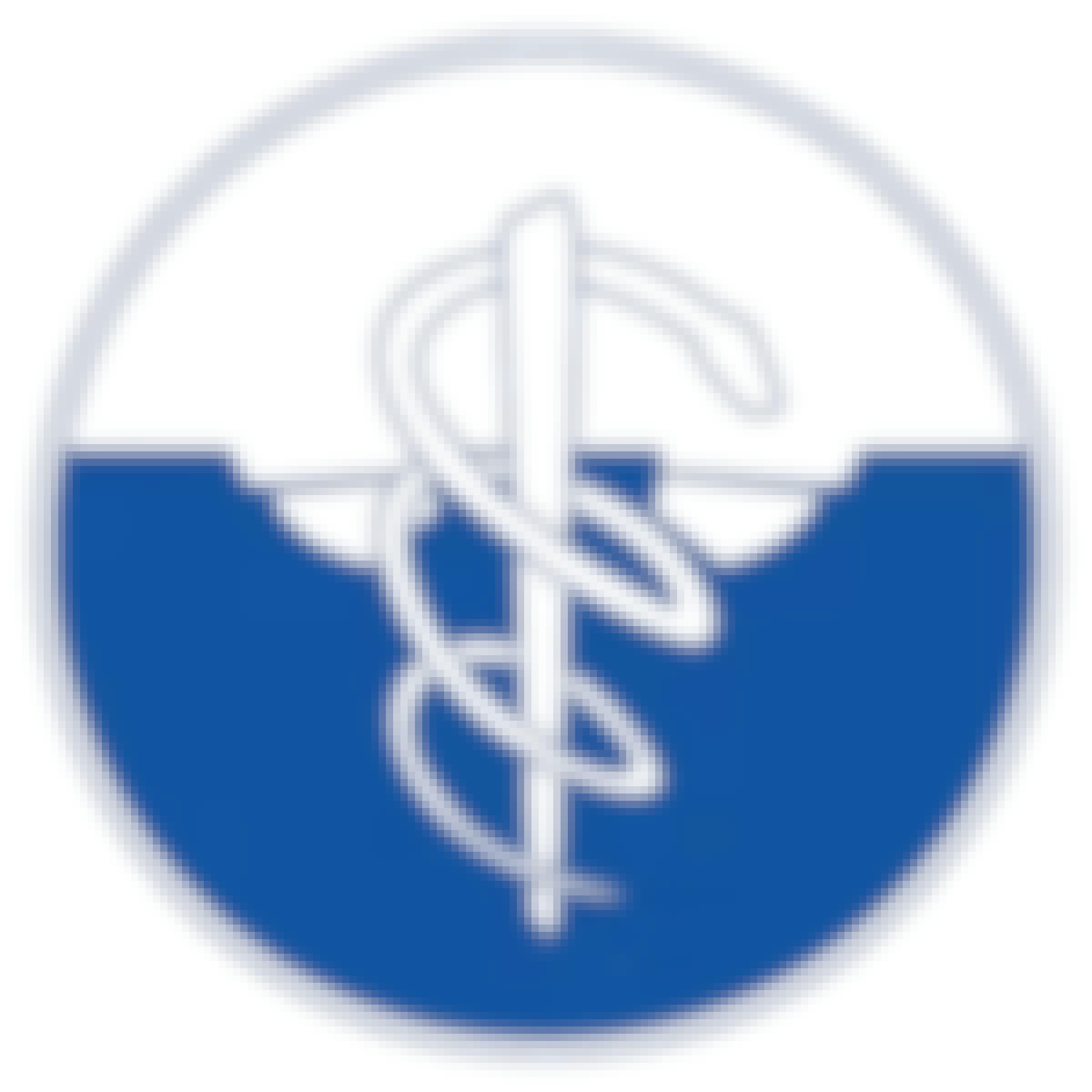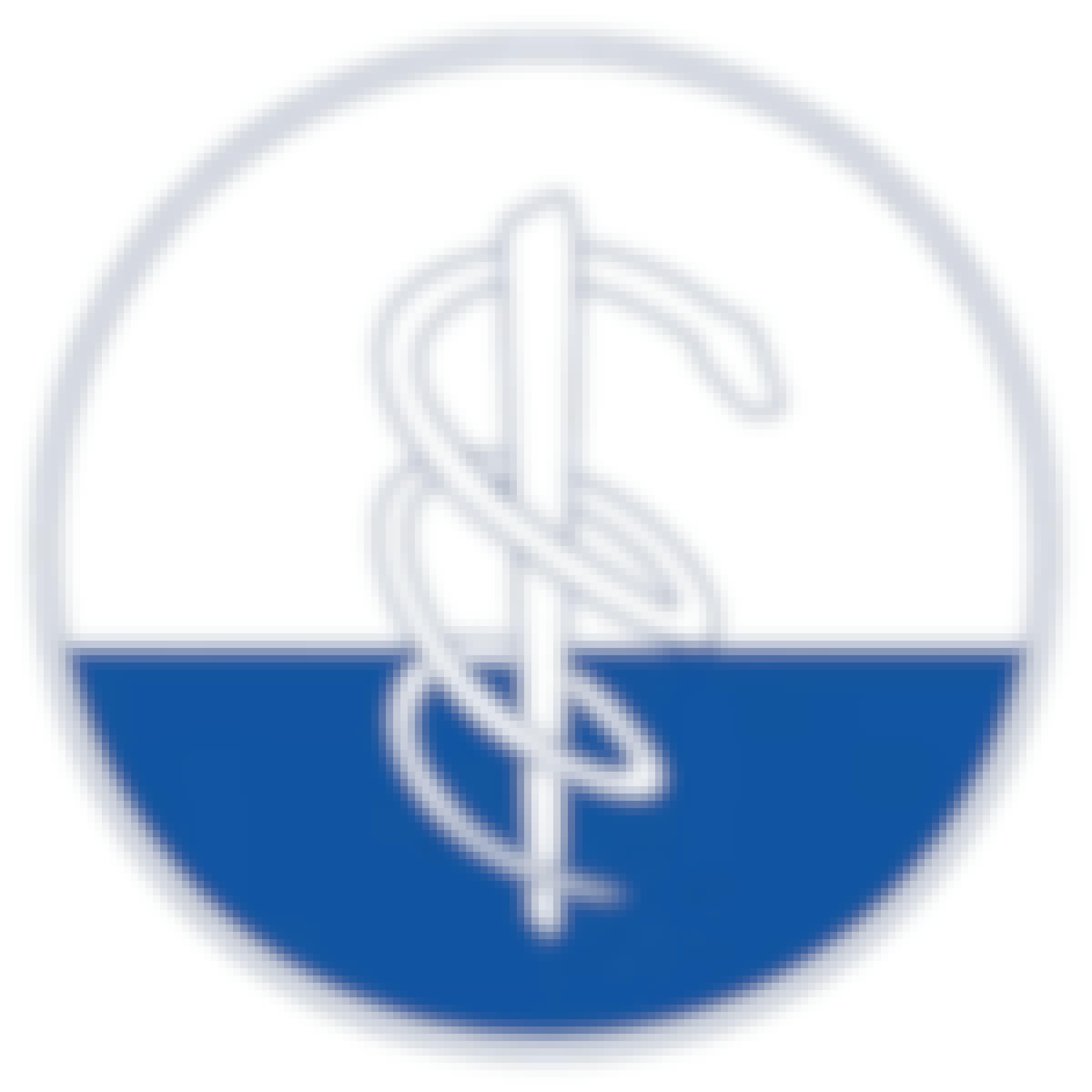Patient Care
Earn Your Degree
Most Popular Courses
Top Rated Courses
More Patient Care Courses
Finish a Patient Care Course in Under 24 Hours
Most Popular Certificates
Learn Patient Care from the University of Colorado System
Frequently Asked Questions about Patient Care
Patient care is the work of ensuring the physical and mental well-being of patients during the treatment and management of illness by healthcare professionals. While it might sound like all healthcare falls under this definition, patient care training develops a slightly different skill set than doctors or other healthcare providers. It requires more emphasis on empathy and emotional skills alongside medical know-how to ease the suffering of individuals while long-term treatment is administered.
An article from the American Medical Association puts it well: effective patient care means going beyond asking “what’s the matter?” to ask instead “what matters to you?” A patient care professional creates a dialogue around that question and collaboratively designs personalized care plans that address each patient’s specific needs.
Providing patient care that reflects individual patient needs and values can enhance the effectiveness of overall healthcare provision, as it helps patients feel respected and thus more engaged with their treatment. And, by reducing the stress that can often accompany ongoing stays in hospitals or other institutional settings, patient care technicians and other professionals in this field play a critical role in facilitating the healing work of doctors and patients alike under challenging circumstances.
Patient care is particularly important for people suffering from chronic diseases, terminal illnesses like cancer, or similar long-term conditions. Personalized patient care can help significantly improve the quality of life for people suffering from these conditions. It is also important for elderly persons who are not suffering from specific illnesses but require help to take care of their daily needs, and may lack nearby family members capable of providing assistance as well as human connection.
Patient care means being on the front lines of healthcare delivery, working directly with patients facing difficult circumstances, and helping them meet these challenges head-on. In contrast to healthcare administrators or other behind-the-scenes healthcare professionals, or even other healthcare providers that deal directly with patients such as doctors or EMTs, patient care technicians must have extraordinary communication skills to discover and respond to a patient’s emotional and physical needs.
If you have these skills, a career in patient care can be incredibly rewarding. And, as with the rest of the healthcare industry, virtually all of these careers are in high demand.
Nurses are perhaps the most well-known patient care professionals, and the Bureau of Labor Statistics projects that nursing employment will rise by 12% from 2018 to 2028 - much faster than the average of the rest of the economy. Physical therapists are another familiar example of patient care professionals. They work with injured or ill patients to help them regain or improve their range of movement or manage pain. The Bureau of Labor Statistics projects that this will be a fast-growing field, with an increase of 22% in physical therapy jobs projected from 2018 to 2028.
As the population in the U.S. and other countries ages, there is also fast-increasing demand for home health and personal care aides. These jobs require working with a wide range of patients, including the elderly, disabled, chronically ill, and cognitively impaired. These jobs only require a high school diploma or equivalent, but people in this field must have a high level of emotional intelligence and patience to be successful. This is also an extraordinarily fast-growing field, with the Bureau of Labor Statistics projecting a 36% increase in jobs from 2018 to 2028--one of the highest rates of increase of any field over this period.
Absolutely! Even though patient care is an intrinsically people-focused career path, today’s online education platforms can equip you with the required medical knowledge and the one-on-one interactions with teachers and classmates that build essential interpersonal skills. Thanks to virtual classrooms, live office hours with teachers, and collaborative projects with fellow learners from around the world, you no longer need to pay on-campus prices and follow an on-campus schedule to get a top-quality education in patient care from anywhere in the world.
Coursera offers a number of courses relevant to patient care from highly-ranked universities, including subjects like patient safety, early childhood education, and addiction treatment. Specializations covering multiple courses in this area are also available, including Newborn Baby Care as well as Palliative Care from the University of Colorado.
Patient care courses on Coursera are designed to enhance your ability to provide compassionate and effective care:
- Basic and advanced patient interaction techniques, emphasizing communication and empathy.
- Skills for assessing patient needs and monitoring their condition.
- Methods for managing patient care in various healthcare settings, including hospitals, clinics, and home care.
- Best practices for ensuring patient safety and preventing healthcare-associated infections.
- Knowledge of healthcare protocols and procedures.
- Understanding of patient rights and privacy laws.
- Techniques for emergency response and basic life support.
Patient care courses on Coursera cater to a wide range of learners:
- Introductory courses are suitable for those new to healthcare, providing foundational skills in patient care.
- Intermediate courses are designed for healthcare professionals or students with some experience, focusing on specific aspects of patient care.
- Advanced courses are available for experienced practitioners looking to refine their skills and learn about the latest practices in patient care.
Coursera, in collaboration with respected healthcare education institutions, provides a variety of educational opportunities to enrich your understanding and capabilities in patient care:
- Professional certificates are available which can assist in illustrating your familiarity with core areas of patient care.
- Specialized course certificates are offered to acknowledge your learning in specific areas such as geriatric care, pediatric care, or palliative care.
- Continuing education credits can be pursued by healthcare professionals who are looking to comply with licensure requirements or aim to broaden their professional skills.
These credentials are designed to enhance your professional profile and evidence your dedication to improving patient care practices.
Skills acquired through Coursera’s patient care courses can lead to rewarding careers in the healthcare sector:
- Patient Care Technician, providing basic care and assisting with medical procedures.
- Registered Nurse, managing patient care and coordinating with other healthcare professionals.
- Home Health Aide, offering care to patients in their homes, focusing on comfort and daily assistance.
- Medical Assistant, performing clinical and administrative tasks in healthcare facilities.
- Healthcare Administrator, ensuring that the delivery of care meets regulatory and quality standards.
Online Patient Care courses offer a convenient and flexible way to enhance your knowledge or learn new Patient Care skills. Choose from a wide range of Patient Care courses offered by top universities and industry leaders tailored to various skill levels.
When looking to enhance your workforce's skills in Patient Care, it's crucial to select a course that aligns with their current abilities and learning objectives. Our Skills Dashboard is an invaluable tool for identifying skill gaps and choosing the most appropriate course for effective upskilling. For a comprehensive understanding of how our courses can benefit your employees, explore the enterprise solutions we offer. Discover more about our tailored programs at Coursera for Business here.




